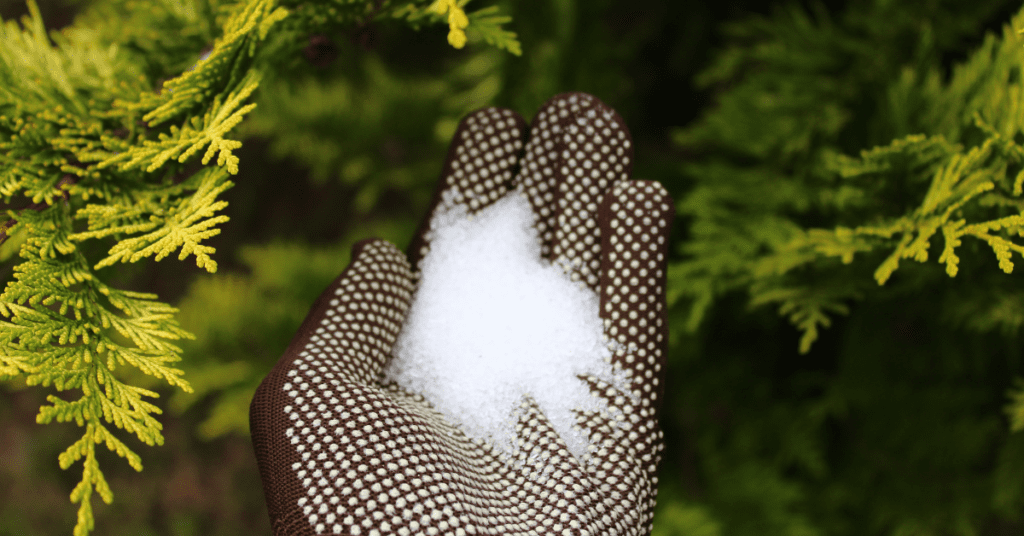What Does Epsom Salt Do to Rodents?

Rodent populations can be a serious nuisance for many homeowners. With the potential to cause damage to property, spread disease and contaminate food, this issue requires a prompt and effective solution. While poison is one of the most common means of eradicating rodents, it can have potentially harmful effects on other creatures. As an alternative, Epsom salt offers an environmentally friendly option that is believed to be effective in keeping rodents away.
What Is Epsom Salt and How Can It Help with Rodent Control?
Epsom salt is a type of mineral salt composed of magnesium and sulfate. It has been used for centuries as a home remedy to improve health and well-being, offering an array of potential benefits from relieving pain to reducing stress.
But Epsom salt isn’t just good for humans! It can also be used to repel rodents due to its acrid smell. Sprinkling Epsom salt onto your trash can lid or around areas where rodents are known to burrow creates a protective boundary that can keep them away.
How Does Epsom Salt Work Against Rodents?
For someone who’s never tried using Epsom salt to ward off rodents, it might be hard to imagine how such a strategy would be effective. Rats and mice aren’t natural fans of salt and can detect the scent quite easily. To ensure that the Epsom salt does not go unnoticed, there are a few steps you should take.
First, position the salt strategically. Place substantial amounts of salt near areas where rodents typically enter, such as cracks and crevices. Alternatively, shower the perimeter of your home or yard with salt to create a protective barrier. And when adding it to the trash can lid, be sure to create a thick layer of salt rather than applying a thin coating.
It’s important to note that Epsom salt works best when combined with other methods, such as setting traps or sealing off exit points in the home. This way, not only will you make it less desirable for rodents to remain on your property, but, if they are present, you can remove them quickly and humanely.
Safety When Using Epsom Salt
When dealing with any chemicals—in this case, Epsom salt—it’s important to exercise caution. Thankfully, using Epsom salt to deter rodents is relatively safe.
That said, it’s still wise to practice common sense measures. For instance, always wear gloves when handling the salts and avoid ingesting them. Epsom salt is not meant to be consumed by humans or animals. Additionally, refrain from sprinkling the salts into places that could be exposed to moisture, such as plants or streams.
Alternatives to Epsom Salt
When using Epsom salt as a rodent deterrent, there are some drawbacks to consider. Because rats can smell the salt, there’s no guarantee that they won’t find a way to get around the barrier. Furthermore, while the salt won’t harm other living things when sprinkled outside, it’s still a good idea to avoid using it indoors or near edibles.
For these reasons, some people prefer to use alternative strategies. There are several natural scents that rodents hate, such as peppermint oil, cinnamon, vinegar, citronella, ammonia, bleach and mothballs. Just be sure to read the product label for safety tips before use and follow all instructions accordingly.
Conclusion
Rodents can cause considerable distress, especially when left unchecked. However, by exercising patience and utilizing the right strategies, you can keep them in check before the situation gets out of hand. Epsom salt is a great choice for controlling rodent populations as it is an inexpensive and environmentally friendly approach. Deterring rodents with this method is a simple task. All it takes is positioning the salt strategically and creating a protective boundary around the area. While there are alternatives to using Epsom salt, ultimately, it comes down to personal preference. Regardless of which method you choose, always prioritize safety and follow usage instructions.
